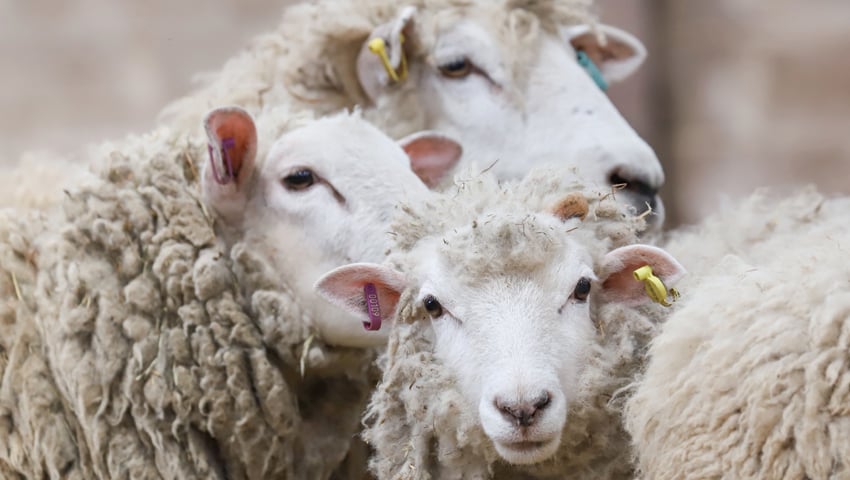The strange weather patterns of 2023 have had a significant impact on the level and timing of the risk of liver fluke disease across the UK. This was initiated by the dry cold spring, hot early summer, and extremely wet July and August, followed by the mini heatwave in early September, and heavy rain throughout the autumn and early winter. This has pushed the fluke risk much later and it took until late November before the first significant reports of losses due to liver fluke were shared.
Rudolf Reichel of APHA (Animal Plant Health Agency) said, “There was little evidence of liver fluke activity in the autumn, but towards the end of the year, we started to get reports from abattoirs and private post mortem providers of acute fluke cases. This was mirrored by other laboratories across the country, and while overall numbers of cases are not high, this does represent a significant increase in recent weeks.”
This is echoed by Dr John Graham-Brown University of Liverpool and NADIS contributor. “The NADIS liver fluke forecast mostly predicted low to medium risk in the normal development period, but the delayed threat this autumn means we are concerned that some livestock farmers may get caught out, either because they treated too early, or they had negative test results earlier in the autumn and think they are safe.”
Dr Philip Skuce, from the Moredun Research Institute also fears some farmers may have a false sense of security and urges them to continue with testing in the New Year. He said, “Flukicides do not have any residual activity, which means there is no protection for treated livestock if they meet a challenge from fluke later in the season. The risks are so farm-specific this year that the only way to avoid potential losses is to keep testing.”
Rebecca Mearns of the Sheep Veterinary Society and Biobest Laboratories said, “We have seen a steady increase in the number of people using the ELISA blood test this year. Until quite recently, most samples were negative, but in common with post-mortem data and increases in liver condemnations in November and December, we are seeing more positive samples coming through. Farmers cannot rely on an early negative test, they need to keep testing throughout the season.”
Prof. Diana Williams of the University of Liverpool said, “At this stage of the year (January/February), when we would expect adult flukes to be present in the livers of infected livestock, we can also use faecal testing methods. Dung samples can be tested for an antigen produced by the liver fluke (coproantigen) and of course the detection of fluke eggs is also a valuable tool. Ask your vet or adviser which test is most appropriate for your farm and never rely on a single negative test, particularly if you have had problems in the past.”
For more information from SCOPS and COWS
